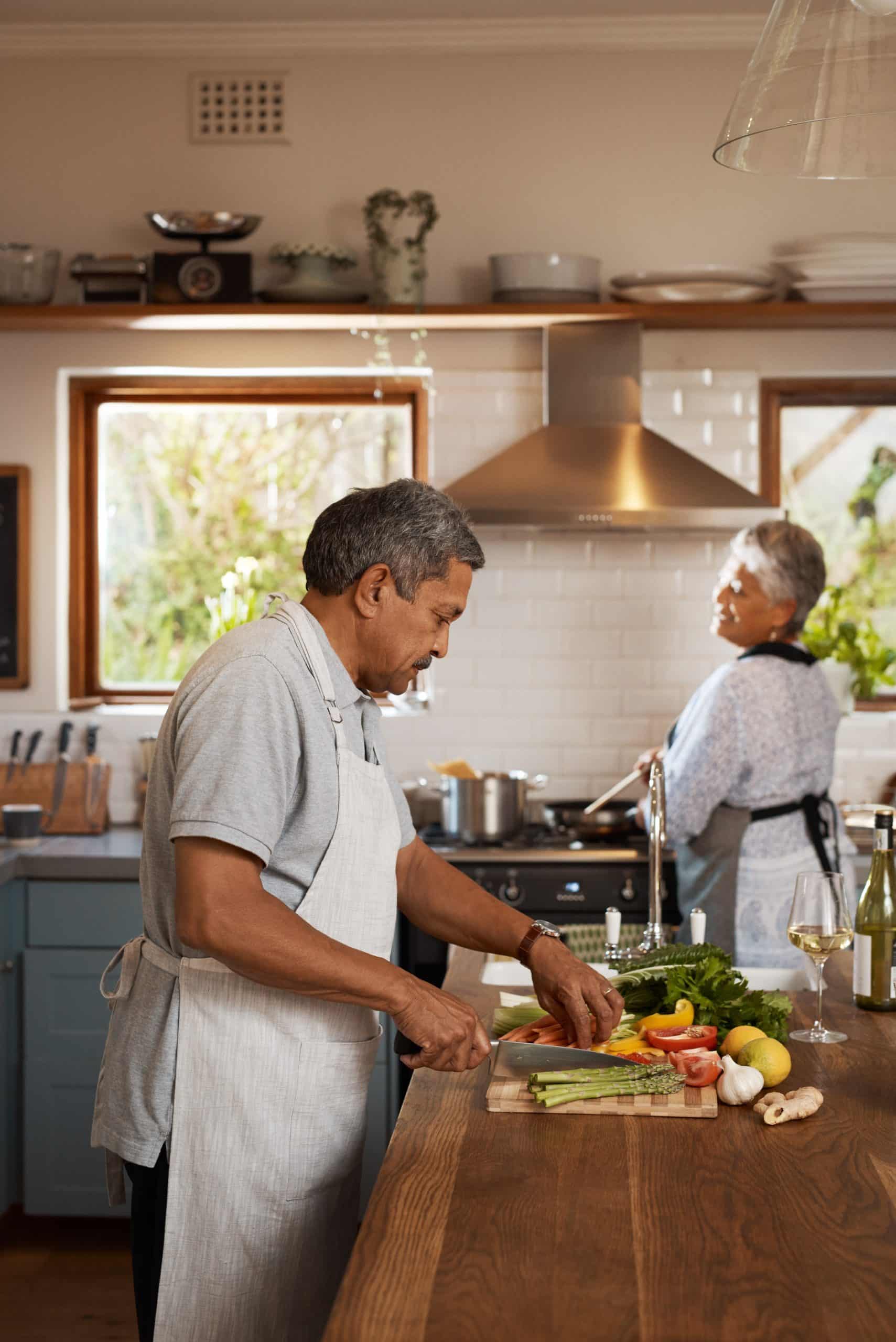How to Plan an Eco-Friendly Wedding in the UK with Sustainable Practices?

In today’s world where the impact of our lifestyle choices on our planet is undergoing intense scrutiny, it’s becoming more evident that every day can be a day for sustainability. Why should your wedding day be any different? With careful planning and consideration, you can create a wedding that is not just a celebration of your love, but also a reflection of your commitment to the environment. In the following sections, we will guide you on how to plan an eco-friendly wedding, focusing on sustainable practices that will help to reduce waste, lower the carbon footprint, and make this special event more meaningful.
Finding the Right Venue
One of the first steps in your wedding planning process is finding a venue. It’s not just about choosing a place that is visually stunning or conveniently located; consider its eco-credentials as well. A sustainable wedding venue minimises its environmental impact in several ways. It could be a location that relies on renewable energy sources, follows waste management policies, or is part of a green building certification scheme.
Dans le meme genre : How to Choose Ethical and Sustainable Fashion Brands in the UK?
Beyond these factors, think about the venue’s proximity to most of your guests. Opting for a local venue reduces the carbon footprint associated with travel. You could even encourage your guests to carpool, use public transportation, or cycle to the venue, if feasible.
Choosing Local and Seasonal Food
The food you serve at your wedding can also have a significant environmental impact. A practical way to reduce this is to choose a caterer who sources local and seasonal ingredients. This not only supports local farmers but also reduces the carbon footprint associated with transporting food from far-off places.
Sujet a lire : How to Approach Learning a New Instrument as an Adult in the UK?
Consider vegetarian or vegan options as well. Livestock farming is a major contributor to greenhouse gas emissions, so opting for a plant-based menu (even if not entirely, perhaps for a few dishes) can make your wedding more sustainable.
Reducing Waste
Weddings often generate a surprising amount of waste, from decorations and disposables to leftover food. Thankfully, there are numerous ways to tackle this issue. For starters, limit the use of single-use items such as plastic cutlery and straws. Instead, opt for compostable or reusable alternatives.
Choose decorations that can be recycled, composted or reused. For example, consider renting items such as linens, lighting, and large decor pieces. Also, think about how you can repurpose your wedding flowers. Several organisations collect flowers from weddings and redistribute them to care homes, hospitals, and other places where they can continue to bring joy long after your big day.
Lowering the Carbon Footprint
Every aspect of your wedding, from the venue to the food, has a carbon footprint. You can lower this by making conscious choices throughout your planning process. Besides choosing a local venue and catering, consider eco-friendly transportation options for your guests, such as providing a shuttle service to and from the venue.
Another way to lower the carbon footprint is to opt for digital invitations instead of paper ones. If you must use paper, go for recycled or tree-free paper. Also, think about offsetting your carbon emissions. Several organisations offer carbon offsetting programs that fund projects aimed at reducing greenhouse gas emissions.
Incorporating Sustainable Elements in Every Aspect
Ultimately, planning an eco-friendly wedding is about incorporating sustainable elements in every aspect of your big day. From choosing ethical wedding rings to wearing a second-hand or rented wedding dress and suit, every choice you make can contribute to a greener wedding.
Another crucial aspect is your wedding gifts. Consider setting up a registry that prioritises experiences over material items, or donate to a charity close to your heart. Remember, the goal is not perfection but progress. Even small steps towards a greener wedding can make a significant difference. Even if not all aspects of your wedding are eco-friendly, don’t beat yourself up. Remember that every effort counts and you’re setting a great example for others to follow!
Throughout this planning process, always keep in mind why you’re choosing to have an eco-friendly wedding. It’s not just about following a trend or ticking a box. It’s a genuine reflection of your values and your commitment to protect the environment. And that’s something to be truly proud of.
Planning Eco-Friendly Wedding Favours
Wedding favours are a staple part of any wedding. They are a chance for the bride and groom to express their gratitude to their guests, and provide them with a memento of the special day. However, traditional wedding favours often consist of small trinkets that may not be particularly useful or sustainable. An eco-friendly wedding calls for a rethinking of this wedding day tradition.
Instead of opting for the usual trinkets, why not consider sustainable wedding favours. Seeds or seedlings can be a wonderful option. They not only symbolise the growth and nurturing of love but also contribute to the green cover when planted. Similarly, locally made, organic soaps or candles can be a sustainable choice, supporting local businesses while offering a useful favour to your guests.
Food-based favours, like homemade jams, honey, or chocolates from a local chocolatier, are another great way to reduce waste and promote local businesses. However, be sure to choose items that have minimal packaging, or that come in recyclable or compostable containers.
You could also consider ‘experience’ favours. Perhaps a donation to a local charity in each guest’s name or a voucher for a digital download, like a book, song or a film. This is a great way to minimise material waste and offer something unique to your guests.
Choosing a Sustainable Wedding Dress and Suits
Wedding attire is another significant aspect of your big day that can have a large environmental impact. However, there are numerous ways to go green when it comes to choosing your wedding dress or suit.
One of the most sustainable options is to choose a second-hand or vintage wedding dress. There are numerous online platforms and physical stores specialising in pre-loved wedding dresses. Choosing a pre-owned dress not only reduces the demand for new materials but can also save you a significant amount of money.
If buying second-hand isn’t for you, consider renting your wedding attire. Several businesses offer rental services for wedding dresses and suits, allowing you to wear your dream outfit without the environmental impact of buying new.
Another option is to opt for a dress made from eco-friendly fabrics. Look for designers who use organic cotton, hemp, or silk in their designs. Some even offer dresses made from recycled materials.
Choosing a suit can also be done sustainably. Like dresses, suits can be rented, bought second-hand or tailored using sustainable fabrics. Consider eco-conscious brands that prioritise fair trade and responsible sourcing practices.
Conclusion: Embrace Your Eco-Friendly Wedding Journey
Planning an eco-friendly wedding in the UK is about embracing a journey towards sustainability, one step at a time. From finding the right venue to planning the menu, from reducing waste to lowering the carbon footprint, each decision you make will help shape your special day into a celebration of not just your love, but also your commitment to the environment.
Embrace sustainable elements in every aspect of your big day. Be it choosing ethical wedding rings, wearing a second-hand wedding dress, or serving locally sourced food, every choice you make can contribute to a more sustainable, green wedding.
Remember, the goal of an eco-friendly wedding is not to achieve perfection, but to make a difference. Even the smallest step can help reduce your wedding’s environmental impact. It’s about progress rather than perfection, and every effort you make towards sustainability is a step in the right direction.
So, as you embark on this journey towards an eco-friendly wedding, take pride in knowing that you are making a positive difference. Not only are you setting a fantastic example for others to follow, but you are also making a significant contribution to the health and well-being of our planet. And that’s something to celebrate on your big day, and every day after.
